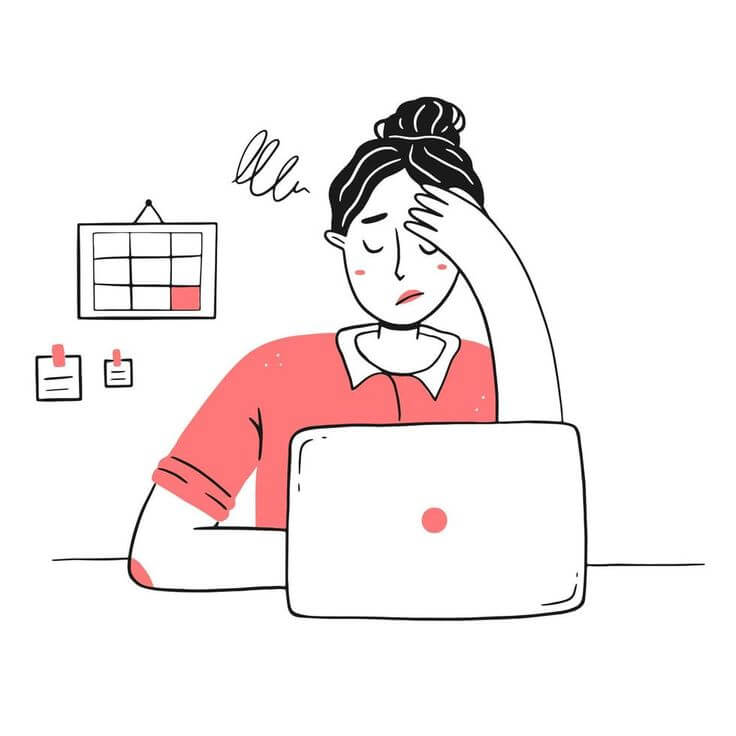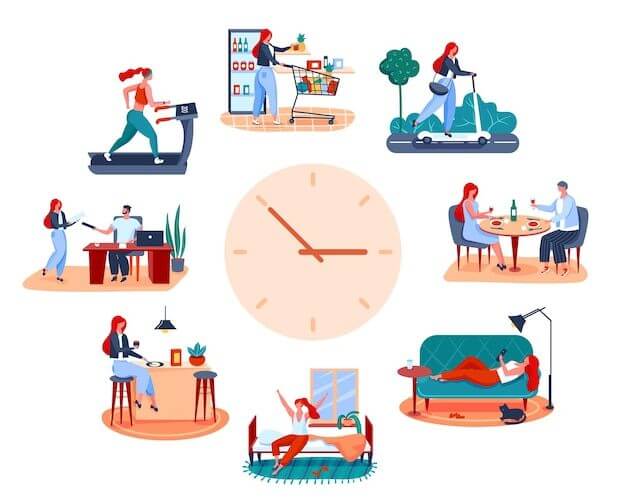Let’s be real, working alone all the time can be hard. It might start off feeling like freedom, but after a while, the isolation, the lack of structure, and the constant screen time can take a toll on your mental health. And if you’ve ever found yourself talking to your plant more than to actual people… you’re not alone. Here we’ve listed, 5 Science Backed Reasons Why Coworking Is Good for Your Mental Health.
The good news? Coworking spaces offer more than just a desk and Wi-Fi. They can actually help you feel better. And there’s science to back it up. Here are five ways coworking can support your mental health:
1. It Reduces Feelings of Loneliness
According to a 2020 study published in the International Journal of Environmental Research and Public Health, loneliness is a growing problem among remote workers. And we know that loneliness isn’t just a bad feeling, it’s linked to higher stress levels, depression, and even heart disease.
Coworking spaces offer connection without pressure. You can chat over coffee, share a laugh, or just work around others and feel a sense of community. Even light social interactions have been shown to boost mood and reduce stress.

2. It Helps You Set Healthy Boundaries
When your home is your office, the line between “on” and “off” gets blurry. Coworking helps you mentally separate work and personal life, which is crucial for mental wellness.
Psychologists call this “boundary control”, and research shows that people who feel in control of when and where they work report less burnout and more satisfaction with their jobs (Allen et al., 2014).
Having a physical space where “work happens” allows your brain to relax once you leave it.

3. You Get More Structure – Without the Stress
Too much freedom can actually be overwhelming. Structure gives us predictability, and predictability helps reduce anxiety.
A study from the University of California found that creating routines and having a consistent work environment leads to higher emotional stability and better focus. Coworking spaces naturally encourage a routine: you arrive, you work, you break, you leave.
And the best part? You can still do it your way. It’s structure with flexibility.

4. You’re Surrounded by Motivation (and Less Procrastination)
Ever noticed how just being around focused people helps you focus too? That’s called social facilitation, and it’s a real psychological effect. Studies show that performance improves when you work in the presence of others doing similar tasks (Zajonc, 1965).
In a coworking space, the energy is contagious. It’s not about competition, it’s about feeling like you’re part of something. That alone can boost confidence and keep procrastination at bay.

5. It Gives You a Sense of Belonging
According to Maslow’s hierarchy of needs, after basic survival, what we crave most is belonging, being part of a group, feeling connected, feeling seen.
One study published in Harvard Business Review found that people working from coworking spaces felt more engaged, more valued, and more fulfilled than those in traditional offices or working from home.
That feeling of “I’m not doing this alone” can be incredibly powerful, especially when you’re building something on your own.

Final Thought
You don’t have to hustle in isolation. Taking care of your mental health doesn’t always mean big changes, it can start with where you work and who you work around.
So if you’ve been feeling a little off, tired, or just not yourself lately, maybe it’s not you,it’s your environment. And changing that could make all the difference. Your mind matters. And you don’t have to figure it all out alone.




